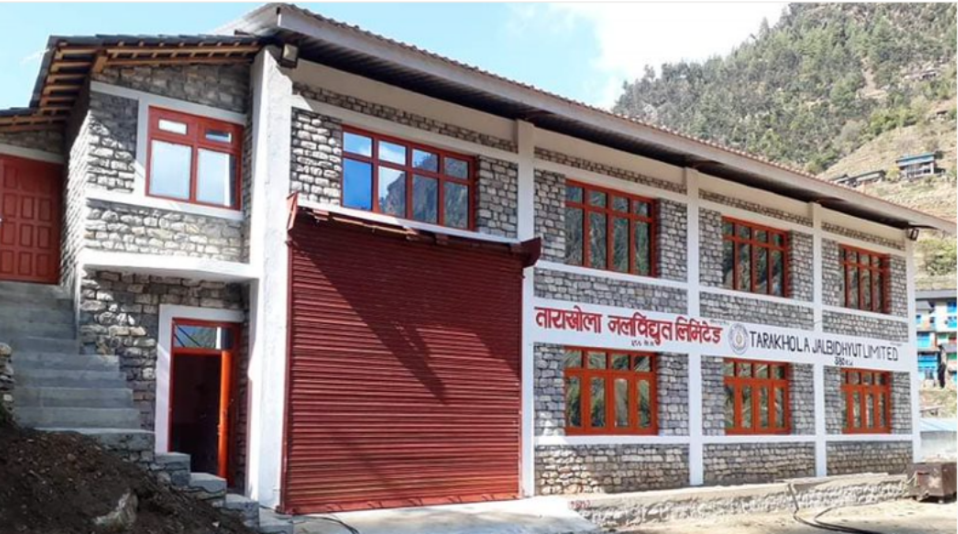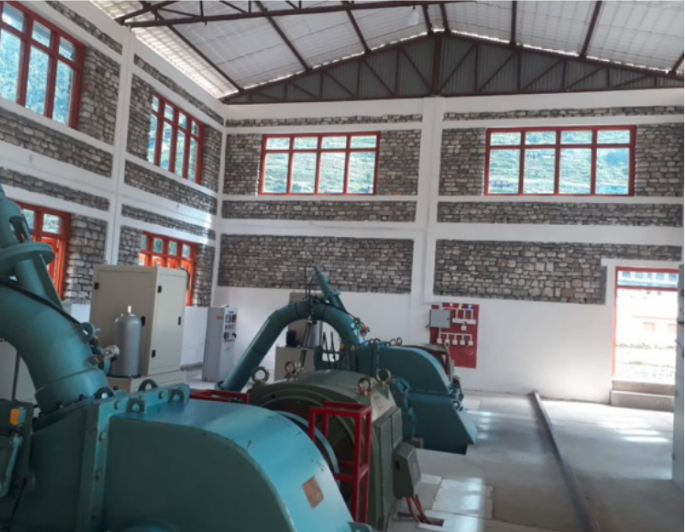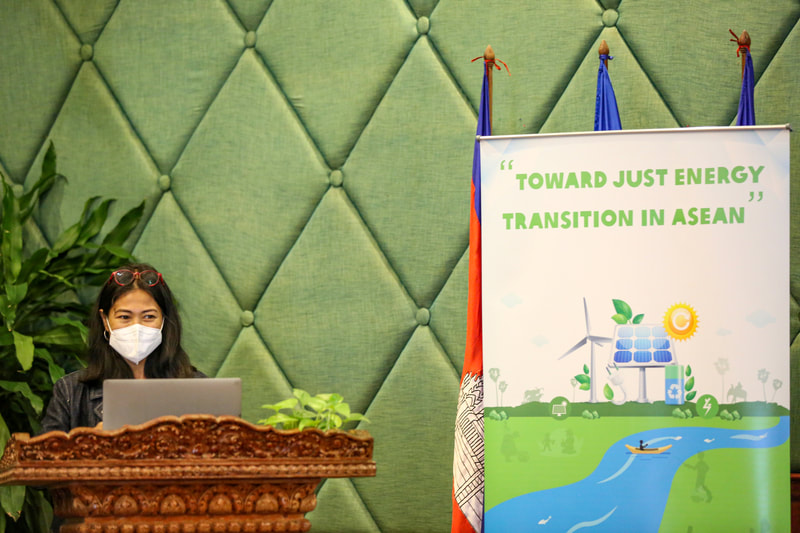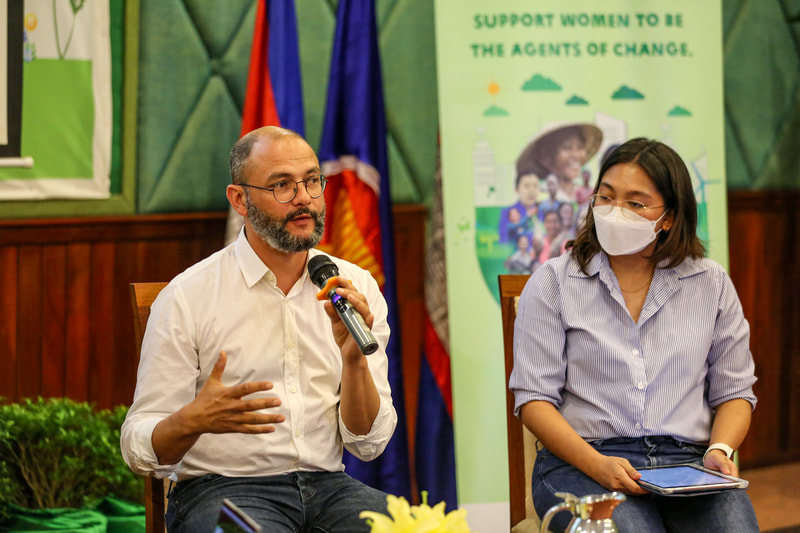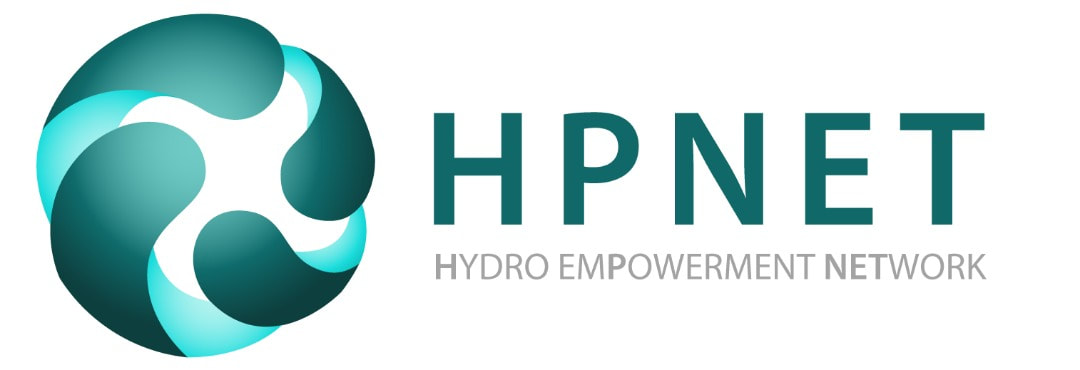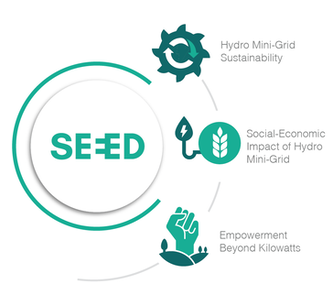
Drawing on 40+ years of experiential hindsight from practitioners in the Asia Pacific, HPNET has identified a linkage between enterprise-based approaches and hydro mini-grid sustainability. Social Enterprise for Energy, Ecological and Economic Development (SEEED) is HPNET’s approach for community-scale hydro implementation that integrates key factors for optimizing sustainability and community empowerment beyond electricity – centering local social enterprise in the pathway to mini-grid sustainability.
Supported by Renewable Energy for Rural Livelihood (RERL) in Nepal, the Tara Khola Mini Hydro Project provides an example of an enterprise-based approach that has enabled a financially viable energy system, unlocking benefits for local livelihoods, economic development, grid interconnection, and more.
Renewable Energy for Rural Livelihood (RERL)
RERL is a joint project of Government of Nepal (GoN) and United Nations Development Programme (UNDP). The project has been operational since 2011 after the closure of Rural Energy Development Programme (REDP) with the main objective of supporting AEPC to scaleup RE project implementation. Since 2019, RERL has also been providing TA support to AEPC to implement South Asia Subregional Economic Cooperation (SASEC) funded by Asian Development Bank (ADB) to install 4.3MW mini hydropower projects and 0.5MW solar/solar wind hybrid mini grids in off-grid areas of Nepal. Since March 2022, RERL is also implementing Japan-UNDP Support for Transition Effort to Decarbonization (JUSTED).
The following case study on the Tara Khola Mini Hydro project is posted with permission from RERL's Quarterly Update July - Sept. 2022.
and provides quality electricity services to 1800 households (HHs) and over 50 productive
energy uses (PEU) . The project was developed with subsidy from Alternative Energy
Promotion Center (AEPC) and community equity and loan and technical support of
Renewable Energy for Rural Livelihood (RERL). The project was initially promoted by a Users’
Group with 9 executive members who were responsible for equity collection, coordination
with the contractor and concerned stakeholders for construction of the project. However, in spite
of endless efforts of the executive members, they were not able to collect the required equity
amount and take out a loan to achieve financial closure. The beneficiaries then decided to develop the project through a public limited company with all of them as shareholders and registered Tara Khola Jalbidyut Company Limited for construction and operation and management. The company has authorized capital of NPR 100 Million and paid up capital of NPR 3 Million.
After the company took over the operations, the local people’s perception towards their project completely changed as the roles and responsibilities of the Board of Directors, staff and shareholders were clearly defined, all financial transactions were well recorded and could be observed by the ordinary shareholders. As a result, the company was able to collect equity of NPR 6 million from 1700 shareholders and a loan of NPR 14,853,822 from CYC and Jana Ekata Multipurpose Cooperative Limited, Baglung.
| As of 2021, the plant is providing regular electricity to 1700 households, 45 slate industries, 4 carpentry businesses and 12 sawmills. These productive uses have generated employment opportunities for over 300 women and men locally. Moreover, the slate industries are vital actors in the slate value chain in the market. Furthermore, the plant is providing electricity to a number of productive energy uses such as poultry farming, a beauty parlor, fresh house/butcher shop, eateries, etc. | Tara Khola MHP Monthly Tariff Rates
|
In order to operate and manage the project, the company has hired 3 operators, a linesman and a manager who were all trained by AEPC/RERL to enhance their skills for proper handling of the machinery and management of the project. Furthermore, AEPC/RERL also provided orientation to Directors on management of a public limited company, particularly legal aspects.
|
|
|
|
